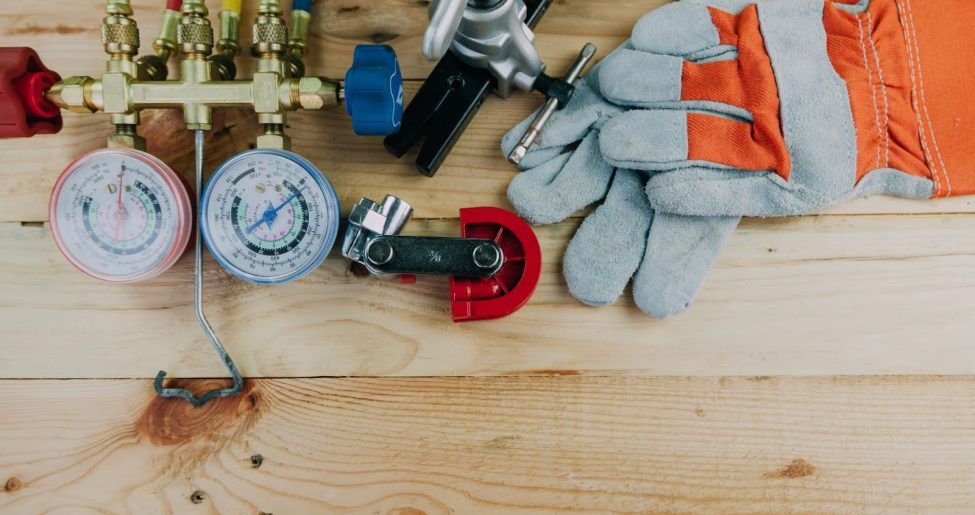Staying updated on the latest industry regulations and code compliance requirements is a critical component of being both an HVAC wholesaler and HVAC service business. This is especially true as regulatory bodies continue to introduce new rules and regulations regarding energy efficiency and environmental conservation. If HVAC companies and technicians don’t stay up to date, they can face penalties and fines, as well as decreased system reliability in their products and services.
What is HVAC Regulation and Code Compliance?
HVAC code compliance refers to monitoring and adhering to a set of regulations and guidelines established by regulatory bodies and organizations. These regulations and guidelines are put in place to ensure that HVAC systems are installed, operated, and maintained safely and correctly. The regulations can deal with everything from equipment size down to energy efficiency. Other areas they regulate include air quality, fire safety, and ventilation. The codes affect the health and safety of the building’s occupants, as well as the performance of the building itself.
Luckily, if you stay organized when it comes to HVAC compliance you can keep yourself and your HVAC techs and staff updated with ease.
Related: Common Challenges Faced by HVAC Technicians and How to Overcome Them
Which 2023 HVAC Regulations Should I be Following?
Regulatory bodies for HVAC code compliance vary from location to location. You should do your due diligence by looking for international, national, state, and local codes that apply to HVAC systems.
Here are the main 2023 HVAC regulations and codes that we recommend regularly monitoring for changes:
Refrigerant regulations: As technology evolves and other regulations update, certain substances are phased out of HVAC systems. You need to make sure that your products, services, and technicians are all code-compliant when it comes to refrigerant regulations.
Environmental regulations: Federal, state, and local environmental regulations should be carefully monitored by HVAC wholesale companies and techs. There are certain restrictions in place for environmental safety, which is why it’s critical to stay updated as to what’s acceptable and what’s not.
Energy codes: Energy codes are recommended by various agencies, including the International Energy Conservation Code. Compliance with the codes helps reduce energy consumption and can result in lower operational costs for consumers.
American Society of Heating, Refrigerating, and Air-Conditioning Engineers: ASHRAE sets voluntary standards for HVAC systems. The standards cover issues like ventilation, indoor air quality, and energy efficiency.
You can find additional compliance information by attending industry training and conferences. However, HVAC compliance relies on more than just following codes and regulations. Here are a few more tips for staying up-to-date:
- Perform regular system inspections and maintenance – assess system control, check refrigerant levels, and verify energy efficiency.
- Collaborate with other HVAC wholesale experts and technicians. Other companies and experts may have in-depth knowledge about subjects that you wouldn’t have access to otherwise.
Related: HVAC Industry Trends to Watch in 2023
What Are the Benefits of Complying With 2023 HVAC Regulations and Codes?
Keeping your HVAC tech and staff compliant does more than just protect you from fines and penalties. Here are some of the other benefits of adhering to HVAC compliance regulations:
- You ensure that building occupants are safe and healthy, as well as comfortable. Healthier indoor air quality leads to fewer respiratory problems and other issues associated with the air.
- HVAC systems will use less energy. HVAC compliance leads to lower energy consumption, which means cost savings for businesses.
- Equipment will last longer. Proper maintenance combined with HVAC compliance will ensure that your clients’ equipment lasts longer, helping to ensure customer retention for your business.
- Your HVAC company will be more environmentally sustainable. Environmental sustainability is an important part of a company’s structure, and ensuring HVAC compliance will help to reduce your use of natural resources and minimize your carbon footprint.
Get More HVAC Wholesale Tips
Want more tips on HVAC wholesale or looking for products and services? Contact Aireco today.
